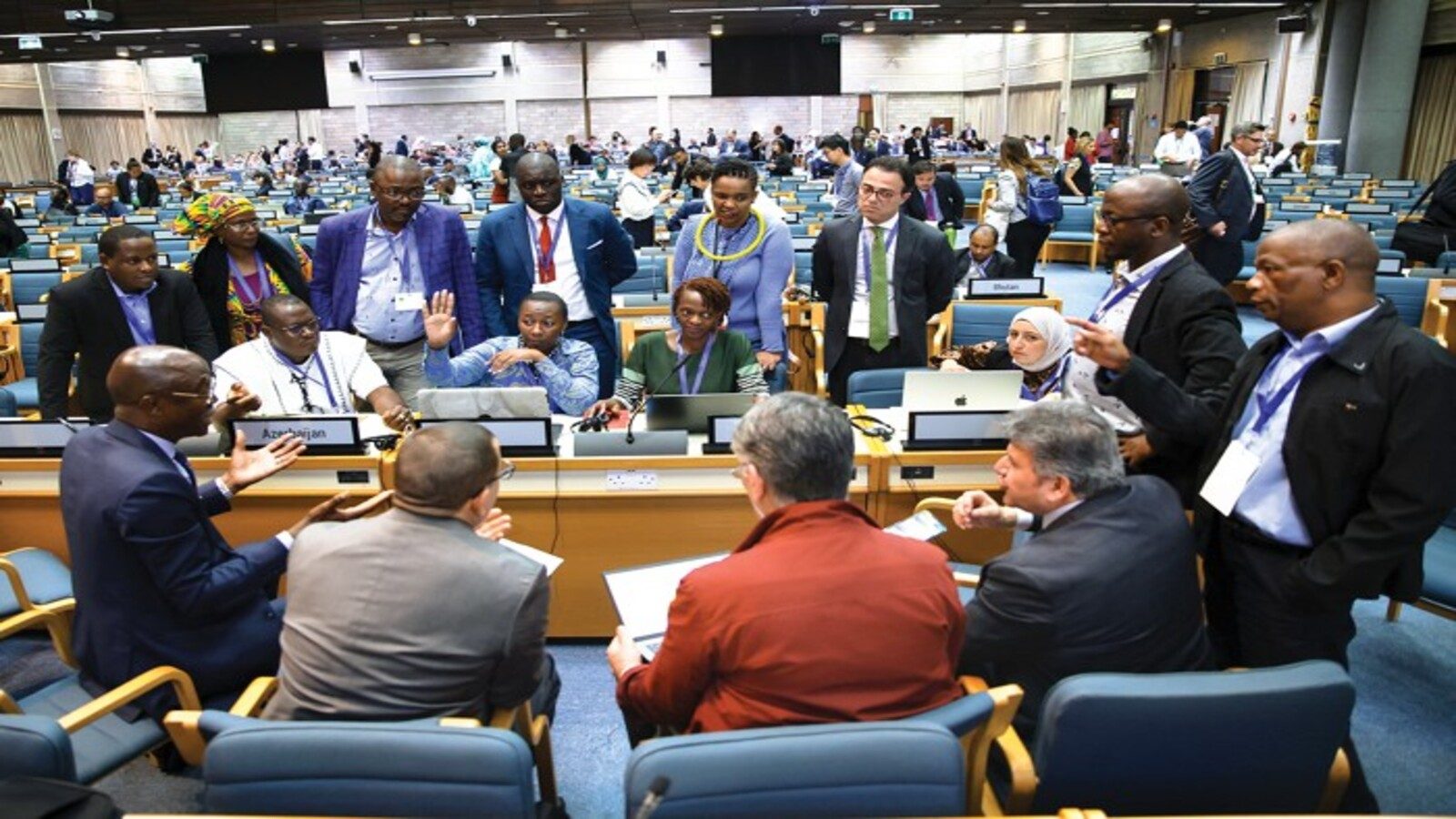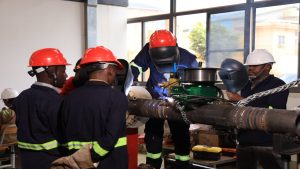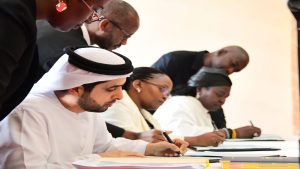Share
In the calm environs of Ottawa, the capital of Canada, negotiators from over 175 nations convened to begin a vital mission to draft an international convention intended to stop the flow of plastic pollution that is devastating the planet’s ecosystems.
There was a tangible sense of urgency to their work, as this was the fourth round of negotiations since nations promised to finding a comprehensive solution to the growing plastic catastrophe based on indisputable scientific evidence.
Radical environmentalists spoke up in the midst of busy negotiations, calling for a drastic ban on the production of plastics. Nonetheless, their passionate appeals clashed with the pragmatic realities of the world’s packaging business and industrial methods intricately linked to the manufacturing of plastic.
The Executive Director of the UN Environment Programme, Inger Andersen, presented a balanced strategy for combating the plastic crisis in a virtual media conference that sent shockwaves across the world.
“We will continue to need plastic for specific uses, such as renewable energy technologies,” she said with passion and urgency. But there’s growing consensus that single-use and transient items can be eliminated.
Andersen’s observation, which acknowledged the difficult lessons from seventy years of plastic expansion, captured the group’s desire to map out a route towards a more sustainable future.
With a purpose in hand, the negotiators focused on three main issues: financing mechanisms for sustainable solutions, capacity building strategies, and marine plastic pollution.
With professionals contributing their knowledge to the conversation, including Barirega Akankwasah, Executive Director of NEMA, Uganda was well-represented, highlighting the debates’ importance on a worldwide scale.
Despite significant progress, difficulties were still far off. Strong disagreements arose over the best way to handle the plastic challenge, with supporters of production reductions opposing proponents of improved waste management.
This ideological conflict raised the possibility of impeding development and was reminiscent of the complexity of discussions about fossil fuels and climate change.
However, in the middle of the difficulties and disappointments, a ray of optimism appeared. The International Negotiating Committee on Plastics’ head, Jyoti Mathur-Filipp, inspired delegates with a strong call to action, saying, “We have brought the world here in Ottawa to beat plastic pollution.” And we have to make the most of these seven days by delivering a text that resembles the final deal that we all desire to see.
A sense of expectation pervaded the room as the negotiations reached a fever pitch. The fact that the fifth session would soon move to Busan, Republic of Korea, highlighted this historic moment.
The stage was set for a historic diplomatic effort with over 1300 delegates from 175 member countries, as well as a varied variety of environmental NGOs and UN agencies.
Andersen never wavered in her belief in the face of difficulty, saying, “I well understand that there can be some disappointments. However, we must realize that a world with broad consensus is necessary to include everyone and their economy.
The fight against plastic pollution was a difficult one, but nations came together in Ottawa with a shared goal and laid the foundation for a more sustainable future.









